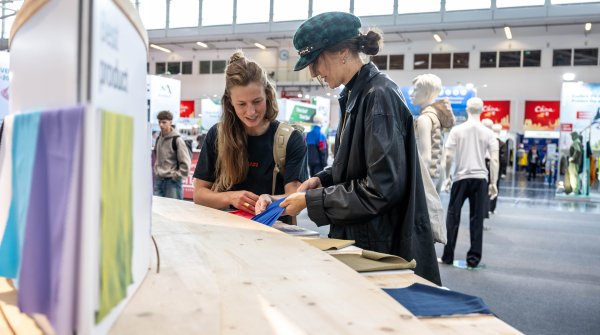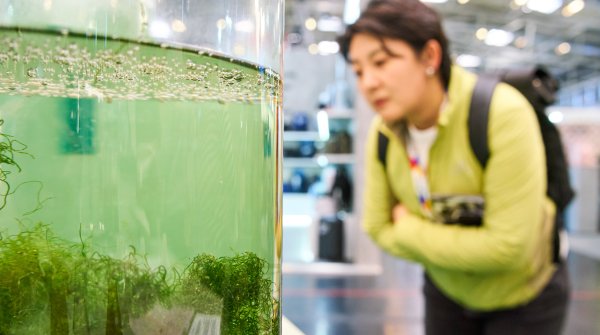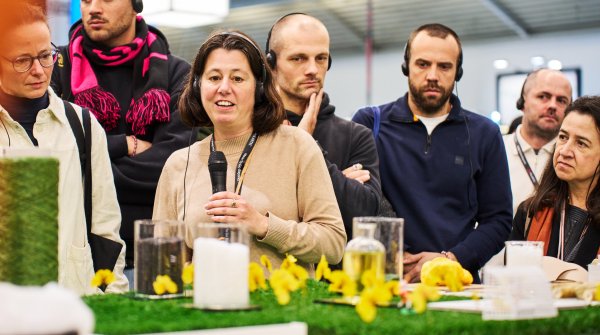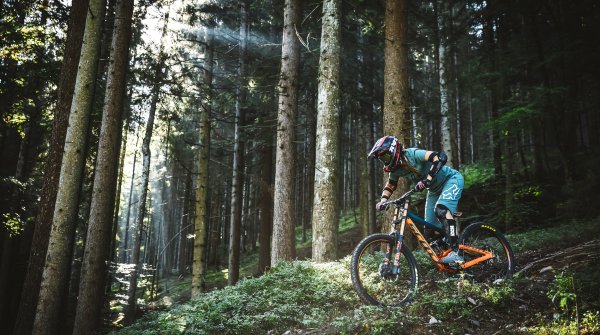
With the textile industry the second dirtiest global industry after oil, all elements of the textile chain are addressing the situation in creating a responsible and cleaner future without reducing the level of performance required.
PrimaLoft is the first synthetic insulation manufacturer to launch a biodegradable insulation, PrimaLoft Bio. Made with 100 percent recycled content, in accelerated test conditions PrimaLoft Bio fiber reach near complete biodegration in just one year, while standard polyester remains almost completely intact. This proprietary technology does not change the performance, look or feel of the garment and is expected to be available to consumers in fall 2020.
PrimaLoft Bio fibers break down when exposed to the right environment – such as a landfill or the ocean. PrimaLoft has enhanced the fibers to be more attractive to the naturally-occurring microbes found in these environments. The microbes eat away at the fibers at a faster rate, returning the insulation to nature. The biodegradation process leaves behind water, methane, carbon dioxide and biomass (expired microorganisms, organic waste). PrimaLoft Bio insulation will only biodegrade when exposed to the microbes in landfills or bodies of water, thus, the insulation remains highly durable throughout its usable life cycle in a garment.
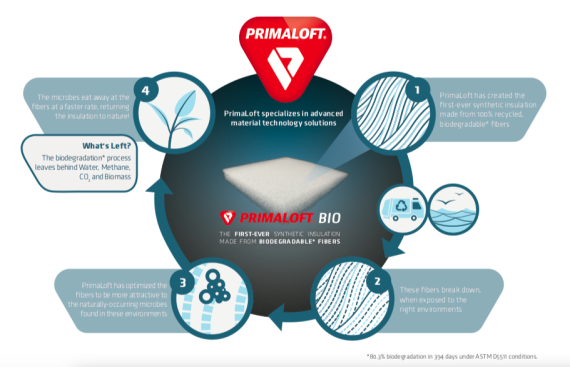
“With PrimaLoft Bio, PrimaLoft is leading the charge by redefining what sustainability really means,” said Mike Joyce, president and CEO of PrimaLoft. “Recycling is a good start but, we are intent on providing a better answer to the environmental issues facing our industry. As we have been making sustainable products since 2007, PrimaLoft Bio speaks to the heart and soul of who we are. We looked at the global issues, including the proliferation of textile waste and micro-plastics, and determined how PrimaLoft could make a positive impact within our core competencies – material science and polymers. This technology, the most significant global technology launch in the company’s history, provides a solution at the material level, which was key for our vision.”
The idea was born in 2014 when a PrimaLoft product manager said during a weekly research and development meeting, “Why can’t we just make a jacket insulation that we can bury in the backyard?” This idea struck a chord and, following that meeting, PrimaLoft put an action plan into place to develop and test the technology. Specifically, PrimaLoft conducted two years of research, took two years to develop the process and worked with an independent lab to conduct more than a year of testing.
“PrimaLoft Bio has the potential to transform the outdoor and fashion/lifestyle industries’ supply chain,” said Dr. Charles Lancelot, a materials technologist who worked alongside PrimaLoft during the testing process. “Over 80 percent of discarded textile and garment wastes were landfilled in 2014, accounting for nearly 8 percent of the total waste. This advanced biodegradation technology leverages progressive end-of-life material science and demands the attention of every apparel brand interested in making a smaller environmental footprint.”

PrimaLoft Bio expands upon PrimaLoft’s commitment to being Relentlessly Responsible, providing sustainable solutions throughout its business in order to lessen its impact on the earth. To date, PrimaLoft has saved more than 84.7 million plastic bottles from landfills, and transformed them into premium insulation technologies. By 2020, 90 percent of PrimaLoft insulation products will have at least 50 percent post-consumer recycled (PCR) content, without compromising performance. Moving forward, PrimaLoft is working diligently to reduce its footprint through the supply chain with an emphasis on finding solutions for reducing energy, carbon emission reduction, utilizing biodegradable products and incorporating natural plant-based fibers in its products.
“We want our consumers to be able to reuse and recycle their garments for many years,” continued Joyce. “Yet, we know that products have a life cycle and are eventually disposed of. PrimaLoft Bio goes hand in hand with sustainability, by providing a solution for the end of a garment’s life cycle. We are the first to address this challenge in the synthetic insulation category.”
- ISPO awards
- Mountain sports
- Bike
- Design
- Retail
- Fitness
- Health
- ISPO Job Market
- ISPO Munich
- ISPO Shanghai
- Running
- Brands
- Sustainability
- Olympia
- OutDoor
- Promotion
- Sports Business
- ISPO Textrends
- Triathlon
- Water sports
- Winter sports
- eSports
- SportsTech
- OutDoor by ISPO
- Heroes
- Transformation
- Sport Fashion
- Urban Culture
- Challenges of a CEO
- Trade fairs
- Sports
- Find the Balance
- Product reviews
- Newsletter Exclusive Area
- Magazine

